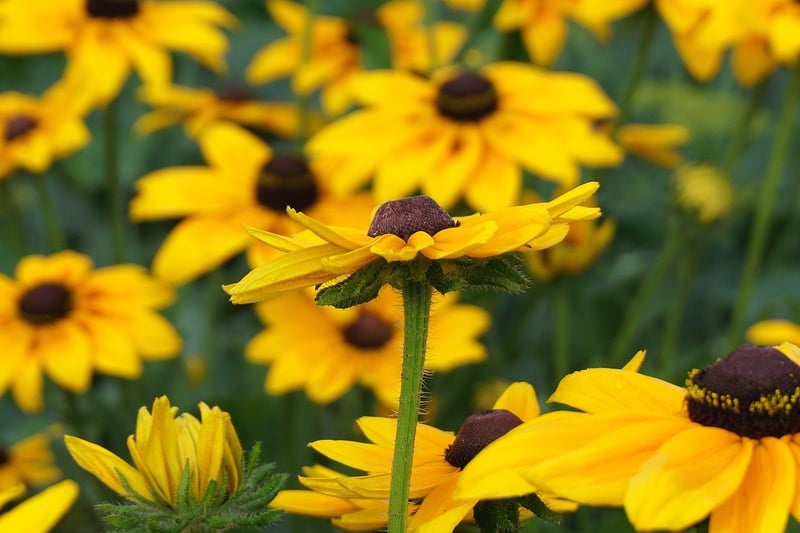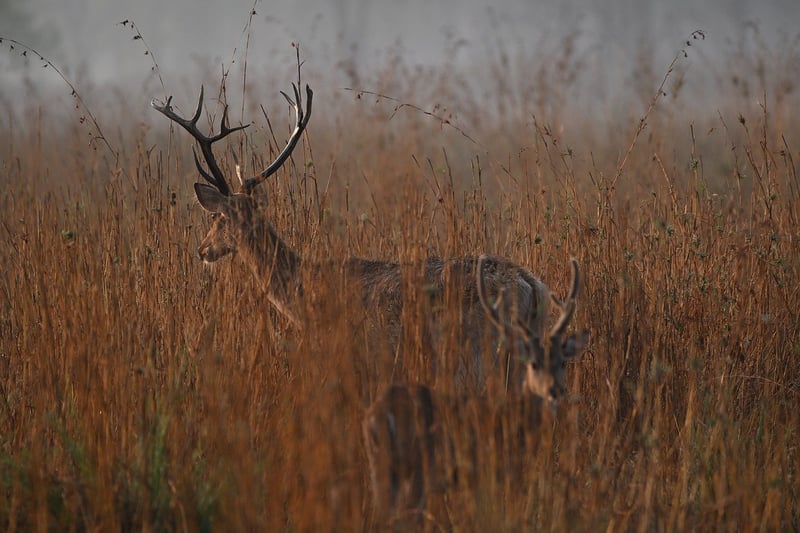Nature Conservation
#Sustainability
#Environment
#Green Living
Create Environmentally-Friendly Gardens for Nature Conservation
In today's world, where environmental conservation is more important than ever, creating an environmentally-friendly garden can have a significant positive impact on nature and biodiversity. By incorporating sustainable practices and native plants, you can enhance the beauty of your garden while also providing a safe haven for local wildlife.
Benefits of Environmentally-Friendly Gardens:
- Preservation of native plant species
- Support for local pollinators like bees and butterflies
- Reduction of water usage through drought-resistant plants
- Improvement of soil health and fertility
- Creation of a peaceful and sustainable outdoor space
Tips for Creating an Eco-Friendly Garden:
- Choose native plants that are adapted to your region's climate and require less water and maintenance.
- Avoid chemical pesticides and opt for natural alternatives like neem oil or companion planting.
- Install a rain barrel to collect rainwater for watering your garden, reducing the need for tap water.
- Create habitats for wildlife by adding bird feeders, bee hotels, and butterfly-friendly plants.
- Practice composting to recycle organic waste and enrich your soil with nutrients.
Examples of Native Plants for Eco-Friendly Gardens:
- Wild Bergamot (Monarda fistulosa)
- Purple Coneflower (Echinacea purpurea)
- Black-Eyed Susan (Rudbeckia hirta)
- Switchgrass (Panicum virgatum)

Conclusion:
By transforming your garden into an environmentally-friendly space, you can contribute to nature conservation efforts and create a sustainable ecosystem right in your backyard. Start small, make gradual changes, and watch as your garden becomes a thriving oasis for both plants and wildlife.
Let's work together to protect our planet and preserve its natural beauty for generations to come!
